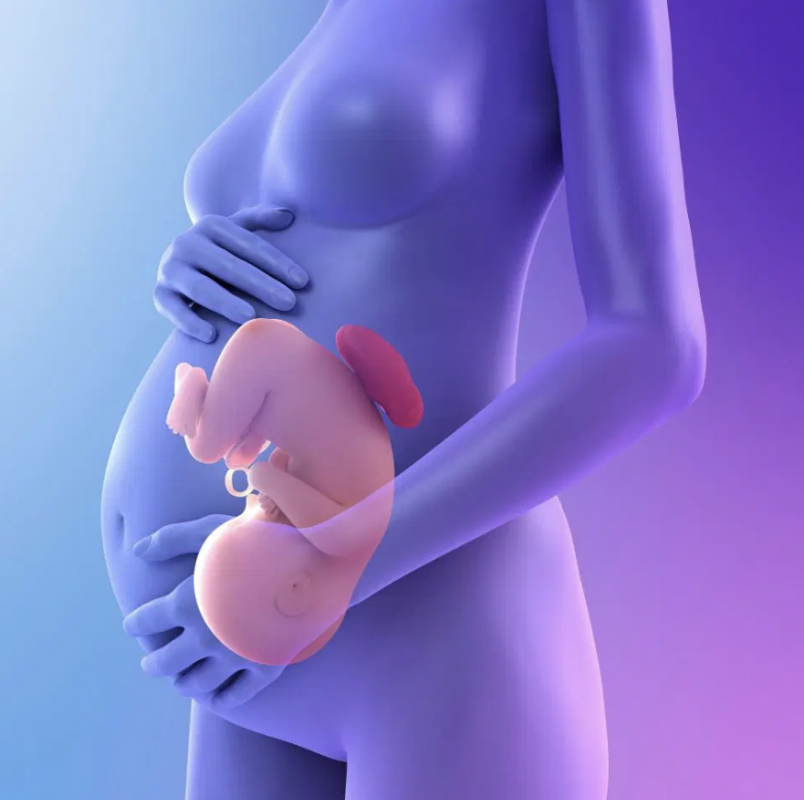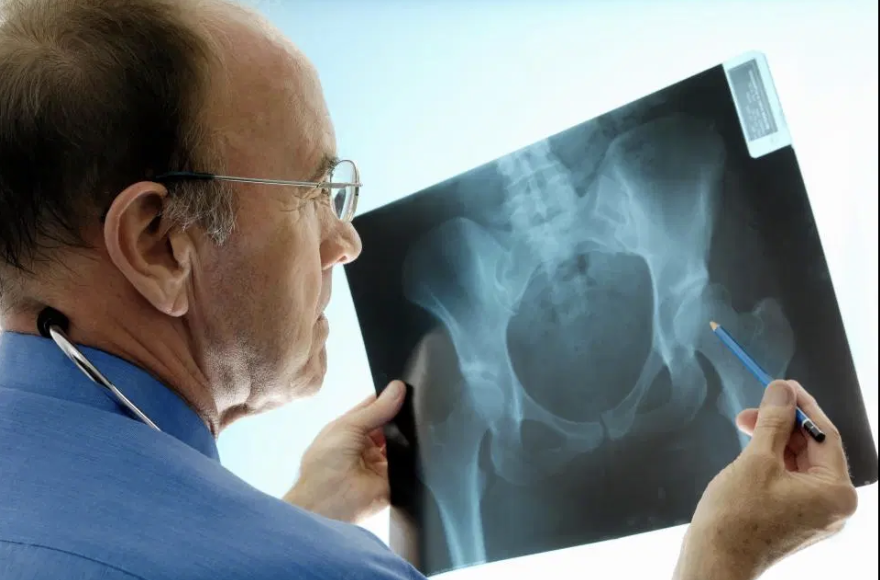They reveal injecting these cells can reduce fractures by up to 78 per cent in people with fragile bones.
The researchers at University College London carried out early tests in mice and hope to begin clinical trials in humans within the next one to two years.
If successful the treatment could help around three million patients in the UK who suffer from bone diseases like osteoporosis and brittle bones.
It could also transform the lives of OAPs whose bones have become weak with age, by rejuvenating their skeletons.
There are more than 300,000 fractures every year due to fragile bones, mostly in Brits over-50.
Experts said the anti-ageing cells can be harvested from women’s amniotic fluid after birth.
Dr Pascale Guillot, who led the work at the UCL Great Ormond Street Institute of Child Health, said the therapy could also help speed up the healing of broken bones.
She said: “This discovery could have a profound effect on the lives of patients who have fragile bones and could stop a large number of their painful fractures.
“As people age, their bones become fragile because the cells responsible for forming new bone become lazy.
“We found the stem cells we transplanted release chemical messages that boost the bone forming cells, so they are rejuvenated to make better quality bone again.”
The researchers, whose work is published in the journal Scientific Reports, injected newborn mice suffering from brittle bone disease with human stem cells from the amniotic fluid of pregnant women.
They found mice given the stem cells had bones that were stronger and more flexible than those who did not receive the treatment.

